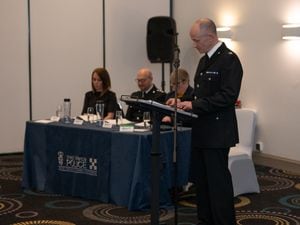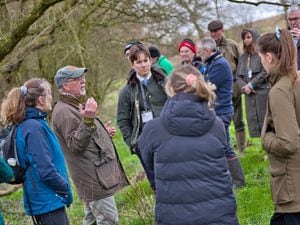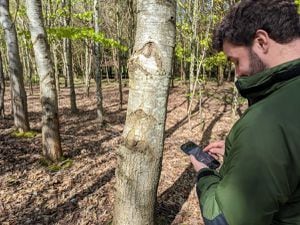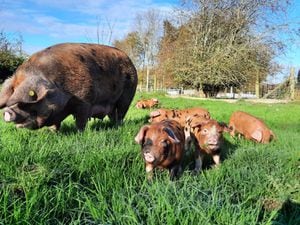Badger vaccination scheme to continue in Shropshire
Controversial badger vaccinations are to continue across Shropshire as part of the fight against TB.
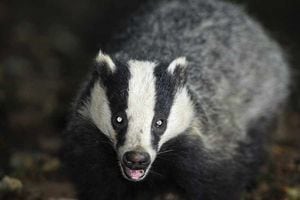
Volunteers will start carrying out vaccinations on farmland in the county in an attempt to stop the spread of the disease in cattle.
Members of Shropshire Badger Group claim there is no need to cull badgers and have signed up nine farmers who have offered their land for the vaccination trial.
Today's announcement comes days after former environment secretary and North Shropshire MP Owen Paterson insisted badgers had to be killed if TB was to be eradicated. He called for the culling trial in Somerset to be expanded into other areas including Shropshire.
Jim Astley, chairman of the Shropshire Badger Group, said the vaccination programme would continue until 2017.
He said: "Having got off to an encouraging start at the end of 2014, this will be the second phase of our four-year vaccination scheme to protect Shropshire badgers from the threat of cattle TB.
"Since the vaccinated badgers will pass on the immunity to their cubs, we only need to vaccinate 50 per cent of a badger family to achieve this scientifically proven clan immunity effect.
"We are also delighted that for 2015 a further two locations have been added to our list of free badger vaccination sites, making a total of nine sites."
Mr Astley said recent research showed badgers and cattle actually prefer to avoid each other, but said the vaccination programme as a disease control measure "is a tried and tested procedure".
He added: "Badger culling has never had an effect on TB in cattle population. Vaccination is highly successful."
The group says it has five fully qualified and licensed vaccinators with a sixth due to qualify shortly.
Surveying began at the weekend, and the process will continue throughout the next couple of months with badgers trapped in large cages, vaccinated and then released.
The first round of vaccinations took place in October last year.
Oliver Cartwright, of Shropshire NFU, said: "The NFU is supportive of the use of vaccines because they have a role to play in the long-term control of the disease, however, it will not cure a badger that is already infected, so simply its effectiveness, without other measures, will be limited."
But Mr Owen says culling is "absolutely essential" when it comes to controlling bovine TB.
Meeting Shropshire farmers during his election campaign, he said Somerset farmers had spoken of falling levels of TB.
He added: "Of 100 herds there are now just 10 herds that have TB reactors compared to 35 before the cull. Surely this shows emphatically that there has been a reduction in the disease and that we now have healthy cattle living alongside healthy badgers.
"We need to roll the cull out."

